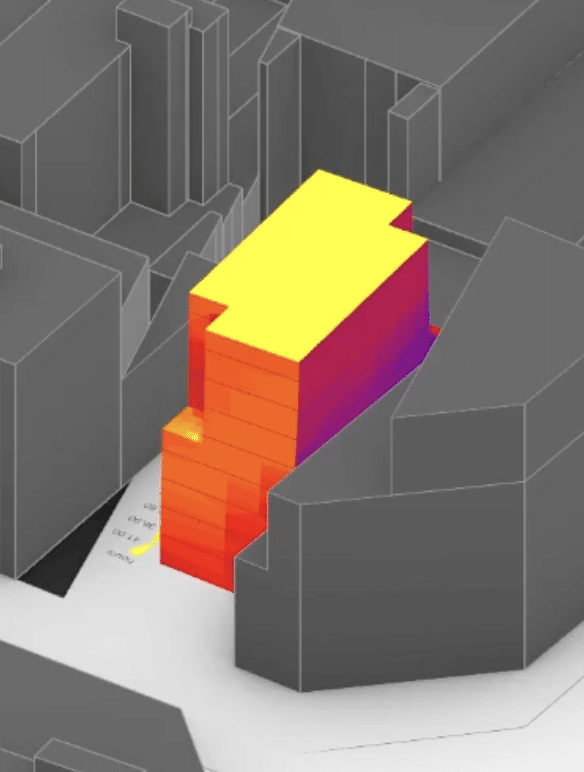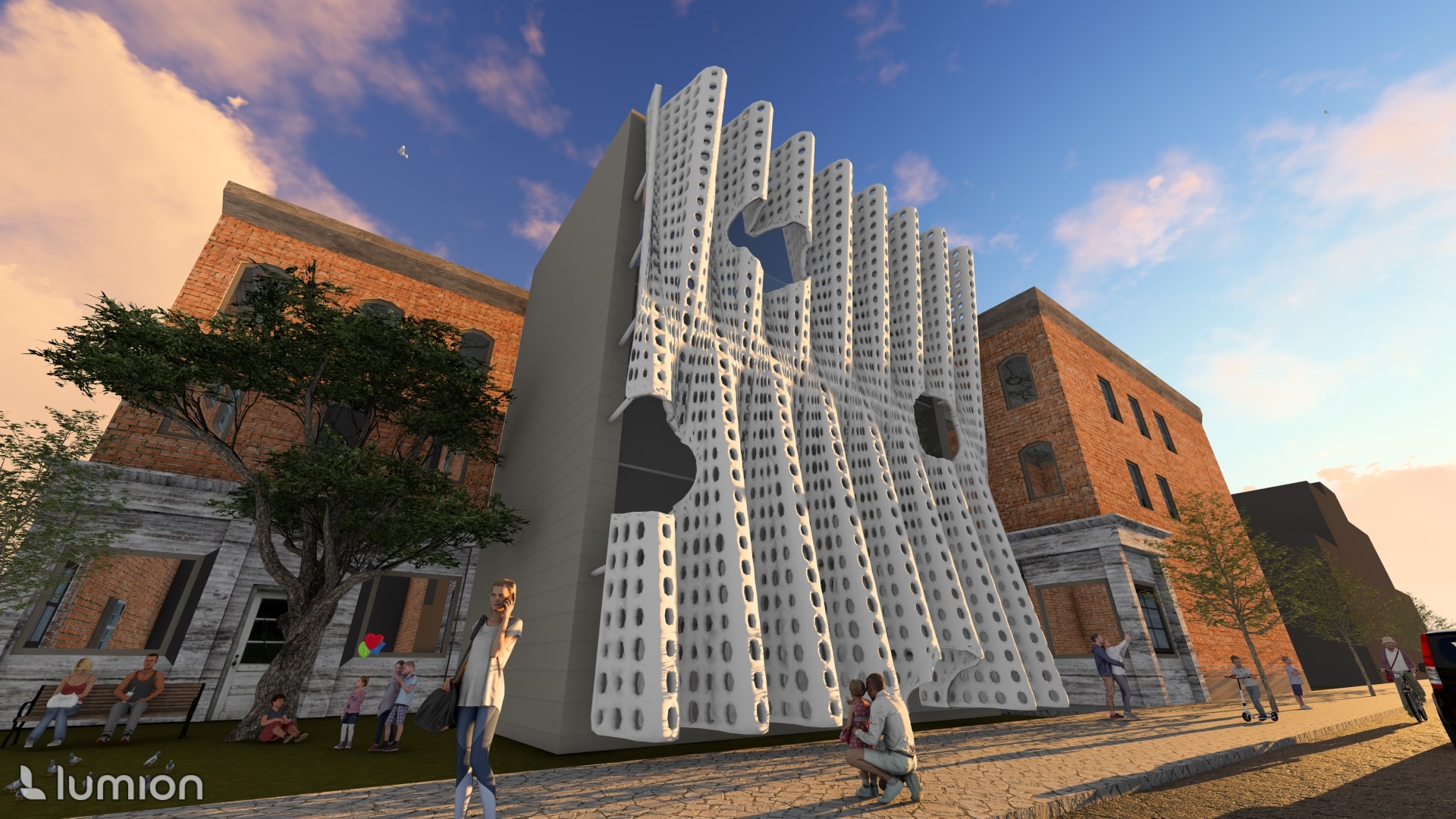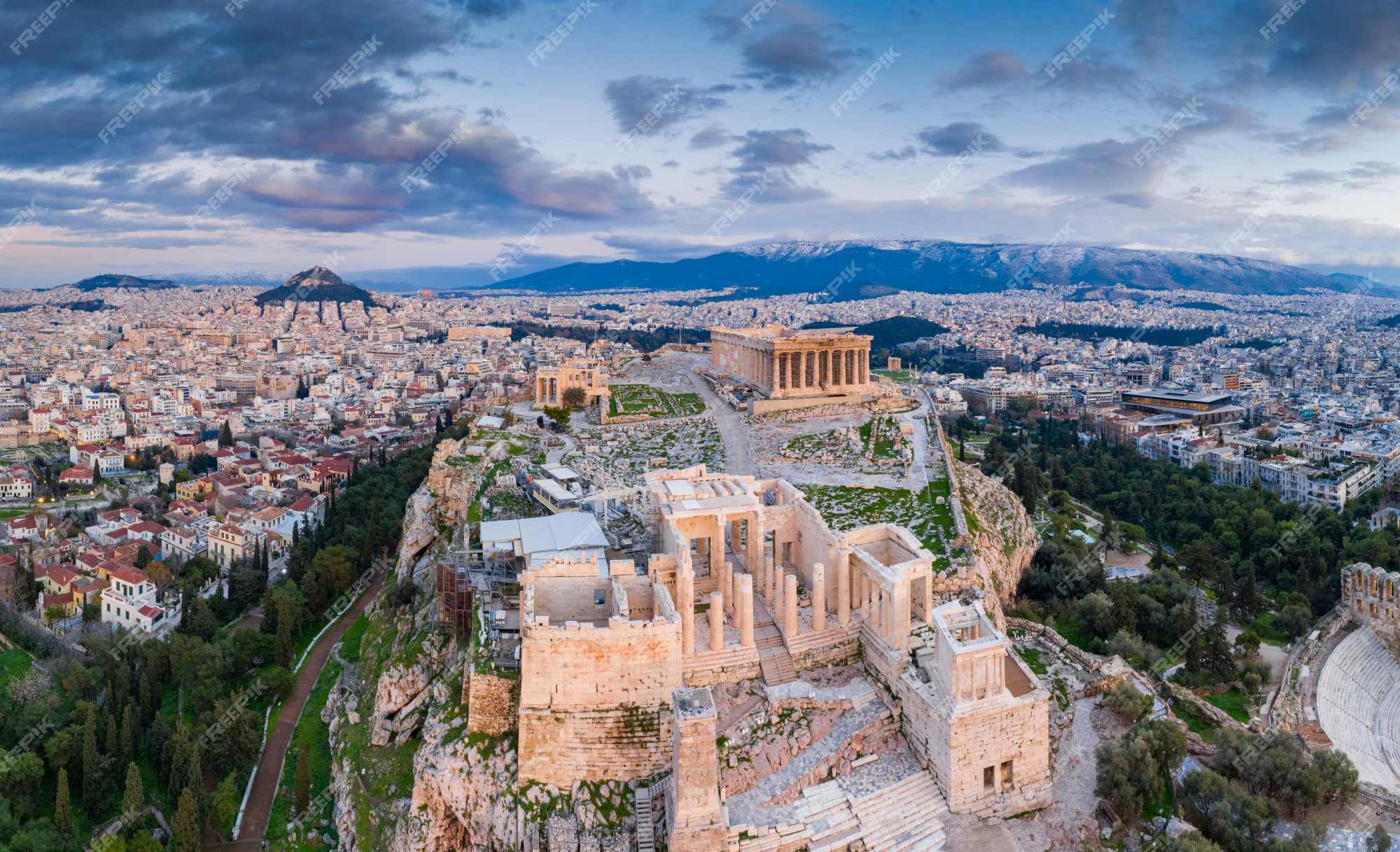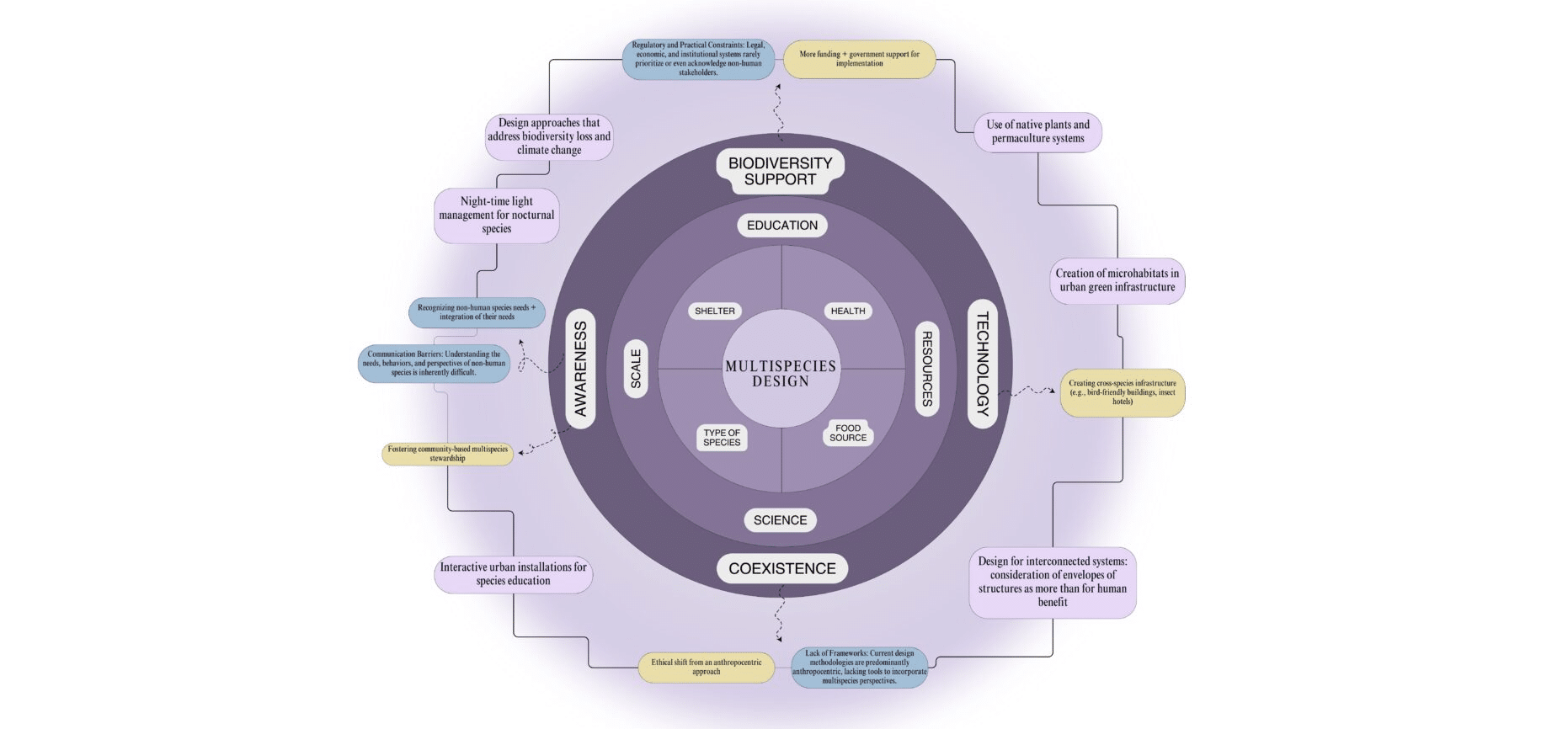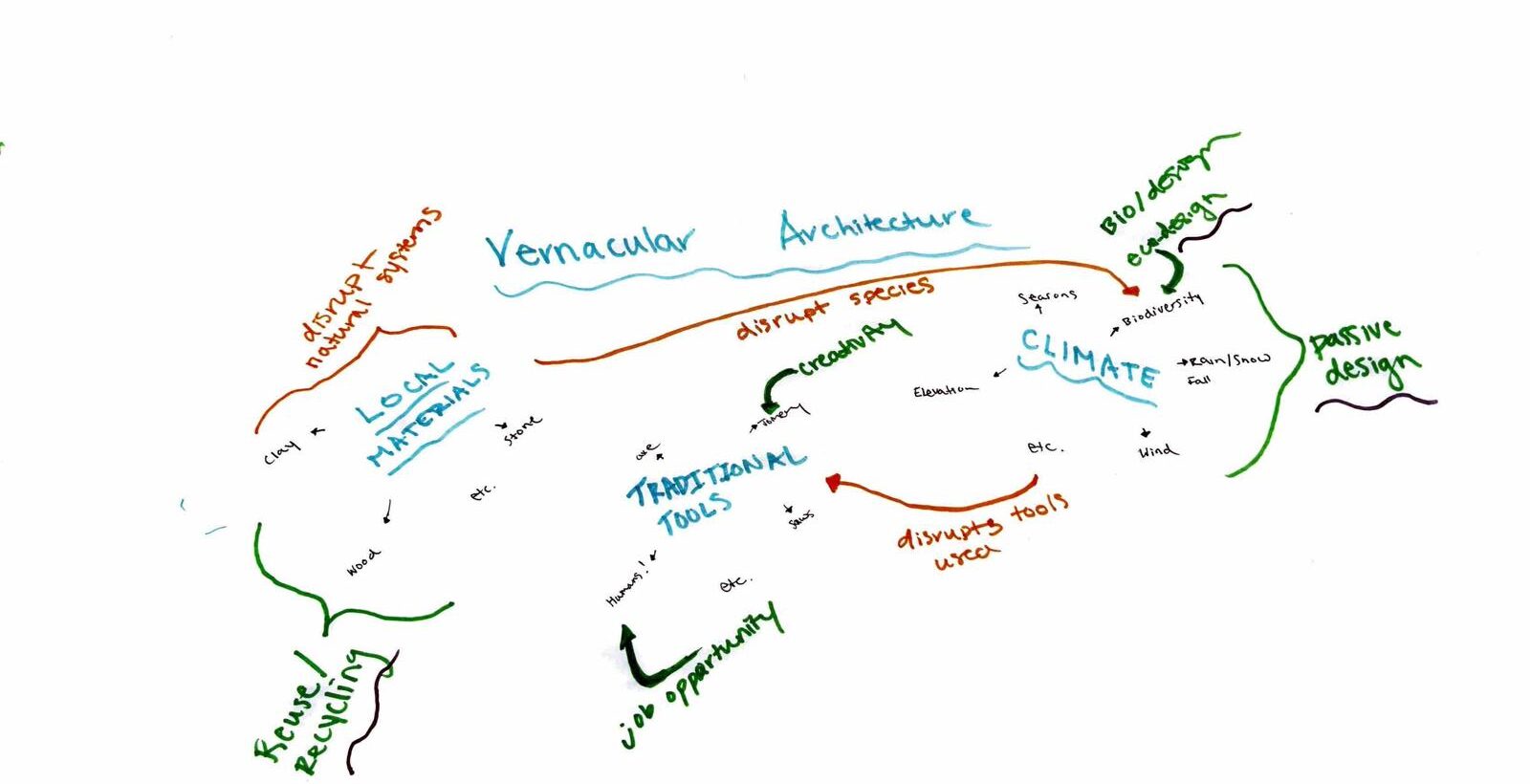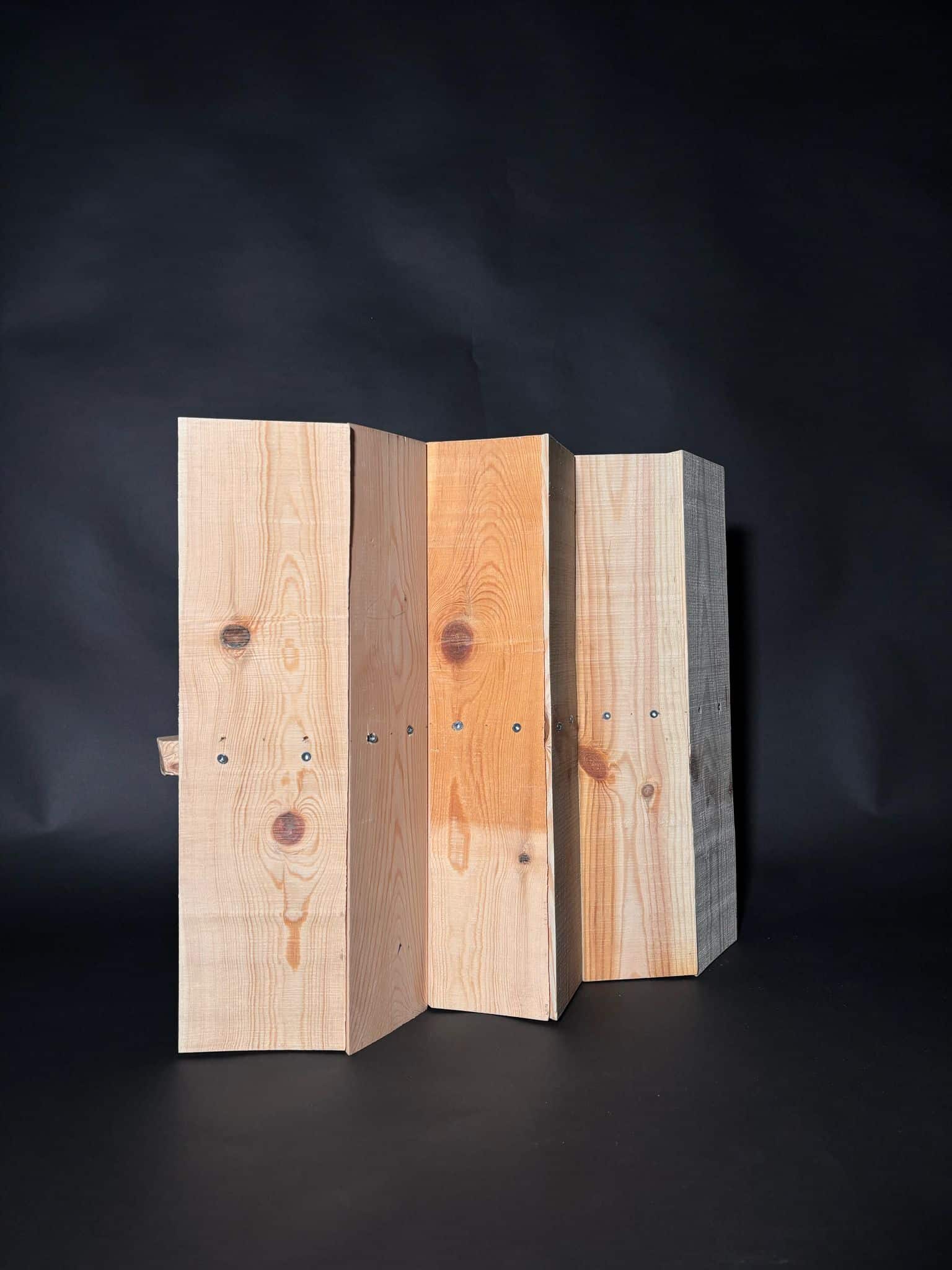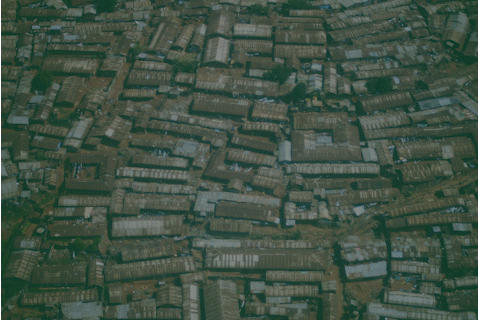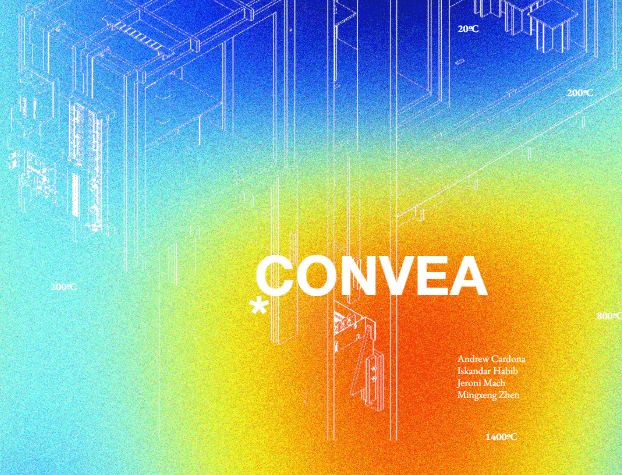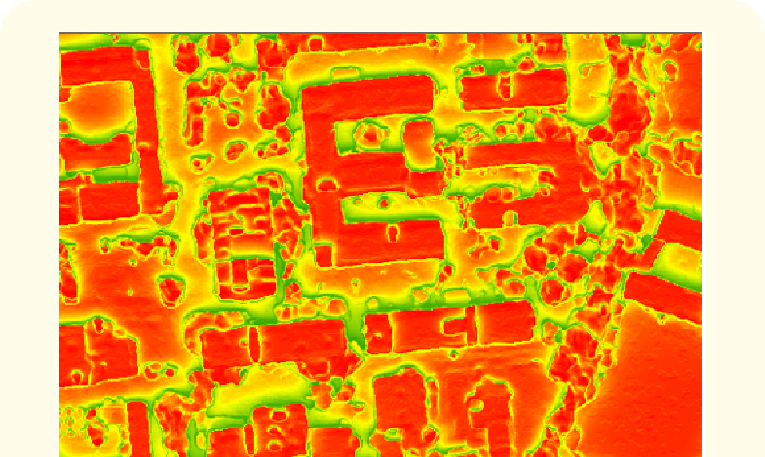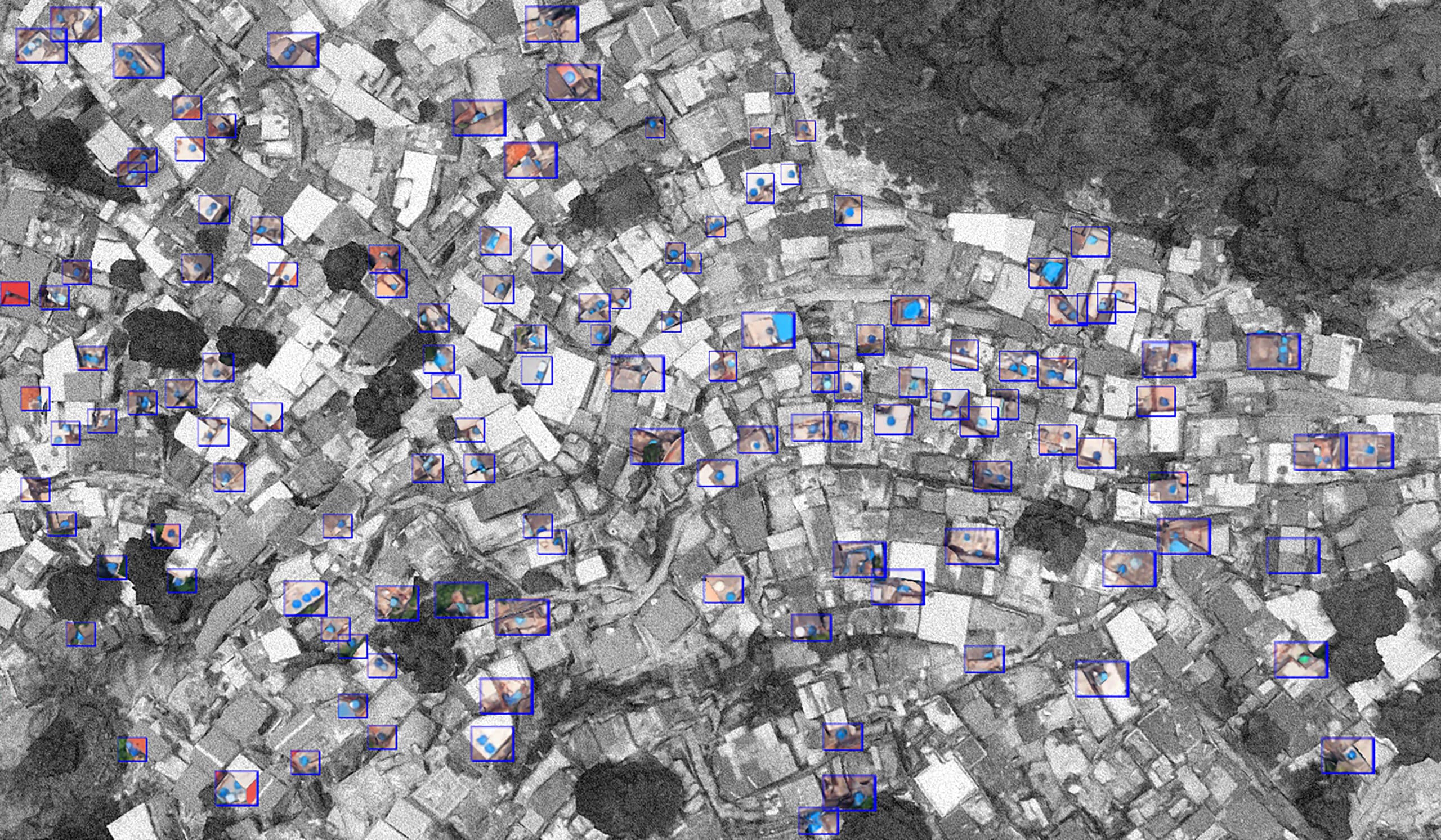Genetic Optimization,Generating the Optimal Building Design
Generating the Optimal Pavilion Design through Sunlight-Driven Evolutionary AlgorithmsLocation: Poblenou, Barcelona This project explores a generative design workflow applied to pavilion architecture in Poblenou, Barcelona, where sunlight is a critical environmental factor. Using evolutionary algorithms, we generate an optimized pavilion form that responds to solar exposure, ventilation, and material efficiency. Inspired by the natural selection principle from John Holland’s genetic … Read more

